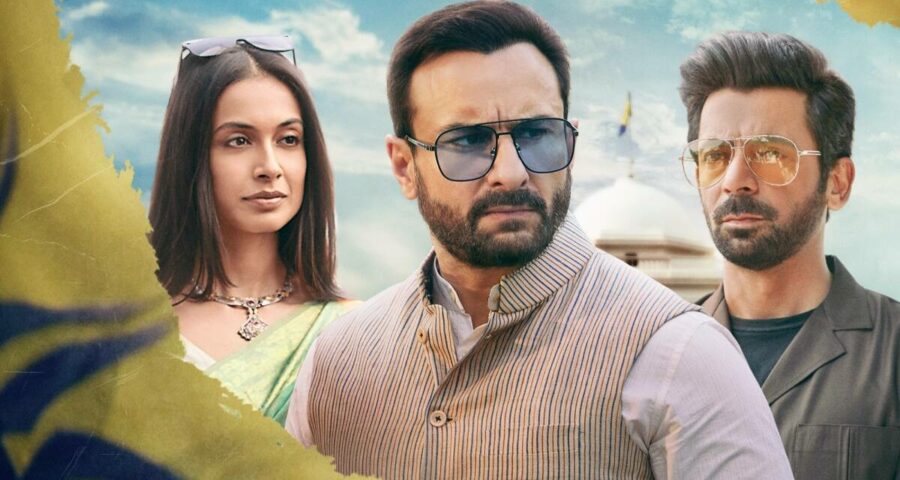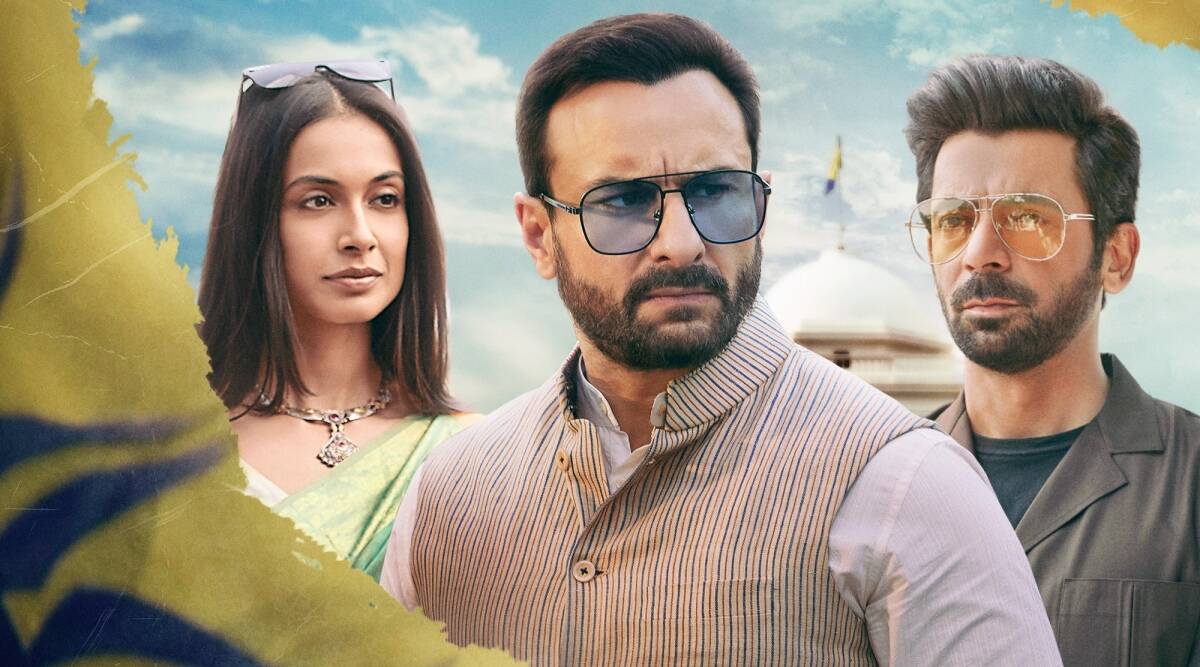Solicitor General Tushar Mehta said there was “filthy” content “with abuses” on the platforms.
The Supreme Court on Thursday favoured “screening” of content aired over over-the-top (OTT) media platforms and asked the Centre to produce the recently-notified guidelines for such services.
“Traditional film viewing has become obsolete. People watching films on these platforms has become common. Should there not be some screening? We feel there should be some screening… At times they are showing pornography too,” observed Justice Ashok Bhushan, heading a two-judge bench. The court was hearing a plea by Aparna Purohit, Amazon Head of India Originals, challenging the Allahabad High Court order denying her anticipatory bail in connection with FIRs lodged over the Tandav web series.
Solicitor General Tushar Mehta said there was “filthy” content “with abuses” on the platforms.
Appearing for Purohit, Senior Advocate Mukul Rohatgi said the High Court order rejecting her pre-arrest bail plea was not based on the OTT regulations but “is about freedom of speech and expression”. Calling it a “shocking case”, Rohatgi said Purohit was only an employee of Amazon and not the producer or actor but still has been accused in around 10 cases filed across the country in connection with the web series.
“It’s about creating balance,” said the bench, also comprising Justice R Subhash Reddy.
The court then asked the SG to circulate the Information Technology (Guidelines for intermediaries and Digital Media Ethics Code) Rules, 2021, which provides for regulation of content on OTT platforms.
The Allahabad High Court had on February 25 rejected Purohit’s plea stating that “the fact remains that the applicant had not been vigilant and has acted irresponsibly making her open to criminal prosecution in permitting streaming of a movie which is against the fundamental rights of the majority of citizens of this country and therefore, her fundamental right of life and liberty cannot be protected by grant of anticipatory bail to her in the exercise of discretionary powers of this court”.
“The irresponsible conduct against the inherent mandate of the Constitution of India by anyone affecting the fundamental rights of the large number of citizens cannot be acquiesced to only because of the tendering of unconditional apology after committing the alleged act of crime and indiscretion,” said the order. It said the reference to the disclaimer about the show being fictional “cannot be considered to be a ground for absolving the applicant of permitting the streaming of an objectionable movie online”.
Source: Read Full Article


